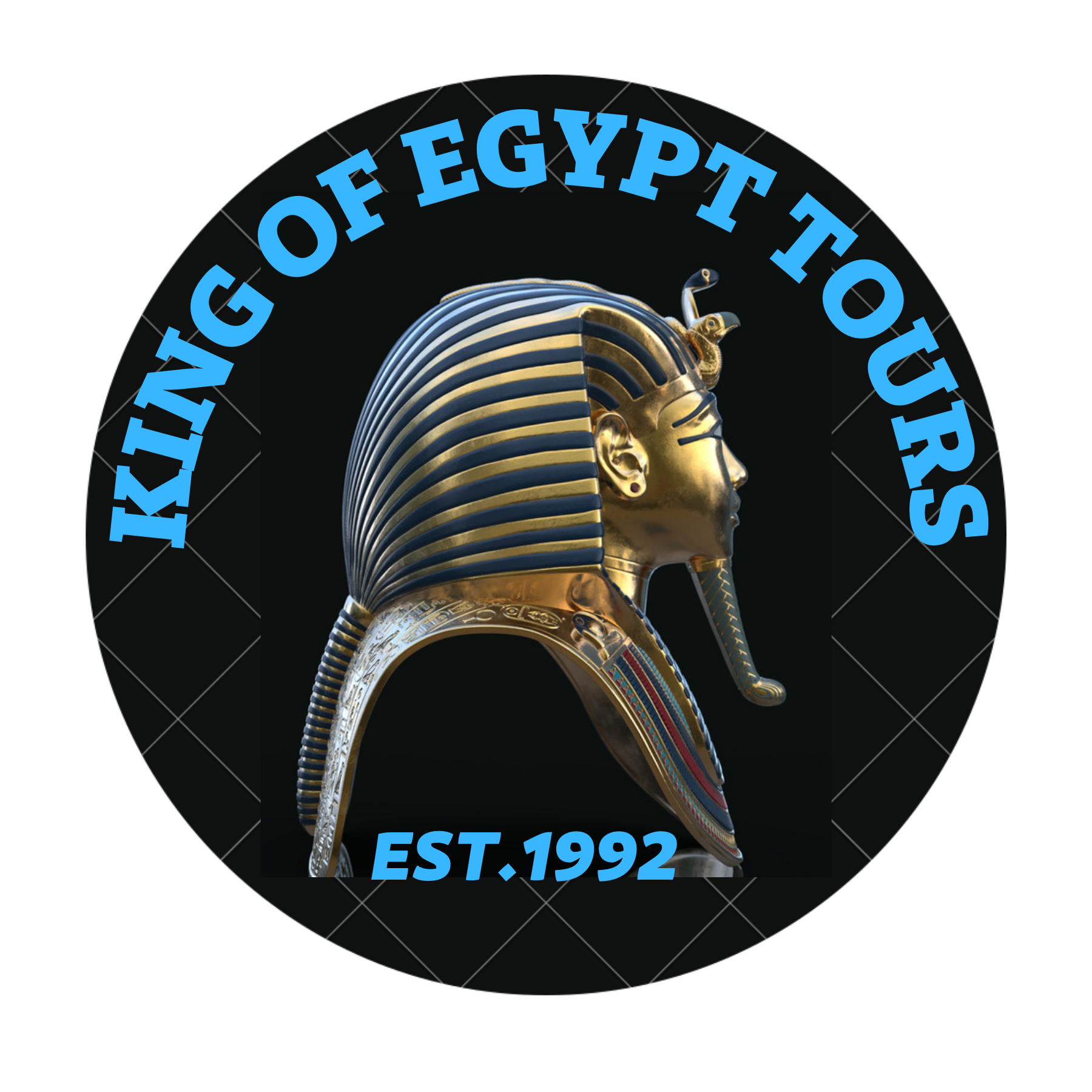Table of Contents: a single travel agency

- Introduction
- Getting Started in the Travel Industry
- Designing an Effective Website
- Marketing Your Agency Online and Offline
- Offering Different Types of Travel Services
- Building Partnerships with Suppliers
- Maintaining Customer Relationships
- Providing Excellent Customer Service
- Expanding to New Locations
- Adapting to Changes in the Industry
- Conclusion
- FAQs

- Introduction
- a single travel agency, crucial if that means going somewhere that’s fluent in your native language so that you can navigate easier that’s okay don’t feel bad building your way up to places outside your comfort zone however if you play to your strengths you’ll be able to solve the problem before it becomes one download maps on your phone ahead of time if you’re bad with directions and leave early to avoid missing a train more confident types may feel comfortable striking up a conversation with strangers so consider
- Getting Started in the Travel Industry
a single travel agency, prioritize what you want to get out of your trip that way when you get to your destination you can get started on your sightseeing and pick up other ideas along the way look up restaurants and destinations that you want to see before you get there mark businesses on Google Maps using their want to go feature so you can reference it

2. Designing an Effective Website.
a single travel agency,visas you’ll want to keep that information on hand at all times take photos and keep them secure on your phone or your computer so you have them on you at all times in case you lose the real documents it’s also worth creating a spreadsheet with any key travel info you have including flights key dates and where you’re staying share this info with select family or friends
- Marketing Your Agency Online and Offline
a single travel agency,Share it with someone and make a friend download an app like Google Translate to help with the communication barrier and make it easier to communicate you can translate by speaking or scanning a portion of text so you can quickly ask for directions or order at a restaurant and though it may make you look like a tourist consider bringing a tripod or selfie stick to take photos
- Offering Different Types of Travel Services
a single travel agency,because of the lasting charge and comfortable fit one of my favourite things to do while solo travelling is just to pick a direction and walk it allows me to get familiar with the area and see local culture rather than sticking to touristy spots my full attention can be on the sights sounds and smells versus walking and chatting with a travel buddy

- Building Partnerships with Suppliers
a single travel agency,the fun they’ve already done you may even find a buddy who wants to do the same thing and that’s how you beat the single supplement we mentioned earlier if you’re the shy type now is the time to really stretch those wings and get out of your comfort zone one final tip and perhaps the most important one of all a single travel agency.
- Maintaining Customer Relationships
see what places they recommend and what you should skip however be realistic about how much you’re cramming in avoid burning out early by taking a night in if that’s what you think you need since you don’t have a travel companion there’s absolutely zero pressure to keep someone else happy with your travel plans getting take out and people watching from your local hotel balcony can be just as exciting as a night out in the city a single travel agency.
- Providing Excellent Customer Service
a single travel agency, Treat every customer – from occasional leisure travellers to high-spending corporate accounts – like valued clients deserving five-star attention. Respond quickly and helpfully to questions. Go above and beyond to solve unforeseen problems without hesitation.

a single travel agency, Respectfully handle cancellations, changes or disruptions with maximum flexibility allowed. Send heartfelt thank you correspondence after every interaction. Empower well-trained staff to make decisions independently and provide back-up support on weekends or holidays as needed. Monitor industry conditions to proactively account for strikes, weather or emerging situations. Service quality is paramount for retaining clientele long-term.
- Expanding to New Locations
a single travel agency, If the business grows steadily, consider franchising the agency model or launching satellite offices in adjacent cities with high demand. Carefully research the costs of additional lease agreements, equipment and headcount. Develop smooth internal hand-offs and consistent branding across locations.
a single travel agency, Centralize reservations, accounting and supplier relationships while giving managers flexibility for hyper-local initiatives. Capitalize on synergies through shared marketing campaigns, conferences and emergency response protocols. Continually evaluate expansion options based on viable opportunities for increased market access and sales volumes.
- Adapting to Changes in the Industry
Stay abreast of evolving consumer travel habits and emerging technologies. Adopt booking tools on mobile apps and social platforms to match rapidly shifting preferences. Train personnel in virtual and augmented reality applications. Assemble packages built for sharing on Instagram. Offer subscription or membership programs with predictable perks. Stay nimble to pivot business models as needed, whether partnering as a local shopfront for online agencies or forming consortiums with fellow independents facing industry consolidation. Commit to lifelong learning to shepherd the agency successfully through fluctuating conditions.

- Adding Corporate Travel Management Services
Given the large revenues associated with corporate travel, adding business travel management can help diversify revenue streams. Reach out to local small and mid-size companies lacking dedicated travel departments. Negotiate preferred travel programs and build online booking portals with customized branding, reporting and approval workflows. Manage invoicing, spend tracking and duty of care services. Audit company travel policies and provide strategic consulting. Train travellers on expense guidelines and negotiate discounts with top client suppliers. Win new contracts by providing 24/7 assistance and cost-saving expertise, a single travel agency.
Conclusion: a single travel agency
a single travel agency, roll with the punches those smaller inconveniences won’t become bigger beasts solo travel is a chance to grow and challenge yourself whatever that means for you if you get scammed by a street vendor or miss a planned tour laugh it off and take it as a lesson for next time and since you’re alone there is no one to please but yourself if you decide you want to sleep in instead of getting up early to watch the sunrise it’s 100 up to you go luxury or stretch every dollar
FAQs: a single travel agency

Q1. How long does it take to see a return on investment when starting a travel agency?
A: Most agencies become profitable within the first 1–2 years, as long as the owner works diligently to gain clients and market the business. It can take 6–12 months after launching to build a solid travel products knowledge base and supplier connections. Profitability depends greatly on startup costs, marketing strategies, target markets and sales volumes.
Q2. Is travel agency experience required to open my agency?
A: While a travel industry background helps, it is possible to learn the business from the ground up. Crucial skills involve excellent customer service, operations management, sales and negotiation abilities. Owners must stay abreast of industry changes through conferences and training. Surrounding yourself with seasoned travel consultants, in the beginning, can mitigate risks until you gain solid experience.
Q3. What government permits are needed to operate a travel agency?
A: Most states require a Seller of Travel registration or permit. This involves submitting articles of incorporation, completing an application outlining services & practices, and paying applicable fees. Agencies may also need standard business licenses and permits, sales tax certificates, and compliance with travel regulations like the ASIA Code of Ethics. Proper insurance coverage for errors and omissions is likewise important.
Q4. How do I find and connect with travel suppliers?
A: Reach out to supplier sales representatives at major airlines, hotel companies, tour operators and more to introduce your agency and request access to contracting information. Explain your target markets and projected sales volumes. Attend regional sales missions and trade shows to meet face-to-face. Another option is joining travel consortia providing exclusive rates and programs. Suppliers prioritize agencies meeting sales guarantees and attendance at workshops.
Q5. What software programs are useful for travel agencies?
A: Common programs include reservation systems like Galileo, Sabre or Amadeus for booking flights, hotels and packages. CRM databases store customer profiles. Accounting software like QuickBooks manages finances. Productivity tools like Sheets track employee hours. Social media management systems schedule posts. Select booking engines and travel planning widgets for your website. Consider bundled options from Travelled or Global





Comment (0)